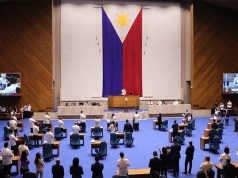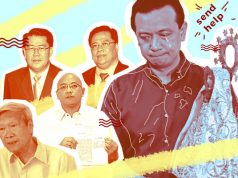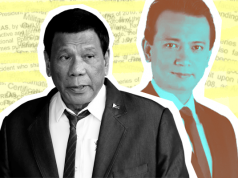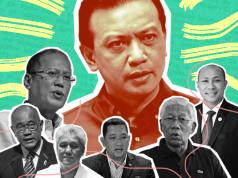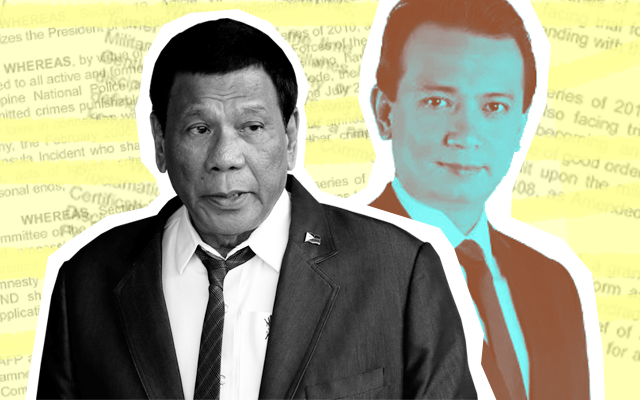
Those questioning the Palace order voiding the amnesty granted by the previous administration to Sen. Antonio Trillanes IV are decrying the ‘message’ being sent by the administration and the effects the move could have on future jurisprudence.
Message from the administration?
Several critics from the opposition spoke out against Proclamation 572 which ordered the nullification of the amnesty granted to Trillanes and called for administrative and criminal charges to be filed against him.
Veteran lawyer and political analyst Antonio La Viña expressed concern over the order, suggesting that it may have an adverse effect on how future peace agreements and amnesties grant are decided.
The next question: beyond Trillanes, is this good policy? What message are we sending to those we have concluded peace agreements with or negotiating with if their previous or future amnesties can be revoked just like that?
— Tony La Viña (@tonylavs) September 4, 2018
Former presidential spokesperson Edwin Lacierda criticized the proclamation in a series of tweets on Tuesday afternoon by saying the revocation of the amnesty is like a driver’s license being revoked just because record of the application could not be found.
The simplest analogy to Sonny’s predicament is this: I applied for a driver’s license, filled up an application form & I was granted a driver’s license. Suddenly, LTO informs me they revoked my driver’s license because there is no record I applied for a license. Entiendes?
— Edwin Lacierda (@dawende) September 4, 2018
Members of the opposition decried the move as a message from the administration to Trillanes, one of the most vocal critics of President Rodrigo Duterte over the years.
Rep. Gary Alejano (Magdalo Party-list) meanwhile argued that Trillanes could no longer be penalized under military authority as he was already considered discharged when he filed a certificate of candidacy for the 2007 senatorial race.
In a tweet, he also posted a picture of the Makati Regional Trial Court decision released on September 21, 2011 that dismissed the charges of rebellion against Trillanes.
Ang kasong administrative sa ilalim ng "court martial" naman na kung saan ang maximum penalty ay discharge fm the service ay wala na ring bisa dahil si Trillanes ay deemed resigned na from the service when he filed his certificate of candidacy in 2006 for 2007 National Elections. pic.twitter.com/n0VaLuXRUX
— Gary Alejano (@GaryAlejano) September 4, 2018
Former solicitor general Florin Hilbay also criticized the order, saying that President Rodrigo Duterte had no “unilateral constitutional authority” to nullify the amnesty granted by the previous administration.
Sen Sonny Trillanes was a prominent leader of the Oakwood & Manila Pen incidents for which an amnesty was issued by Pres Aquino, and concurred in by Congress.
Pres Duterte has no unilateral constitutional authority to nullify an amnesty given and accepted 8 years ago.
— florin hilbay (@fthilbay) September 4, 2018
There is no express provision in the 1987 Constitution that discusses the president’s power to revoke a grant of amnesty.
Presidential spokesperson Harry Roque meanwhile denied that there was any political motivation behind the order. He also said that it was the previous administration that had political motives in granting amnesty to Trillanes.
“We’re saying that he was given amnesty by (former) President Aquino because of politics and the declaration of void ab initio is based on law and facts,” said Roque in a press briefing.
Trillanes in media interviews said that this would be the first time a grant of amnesty would be revoked by the successor of the president who granted the amnesty.
The Department of Justice has asked the RTC of Makati to issue an alias warrant of arrest and hold departure order against Trillanes.





